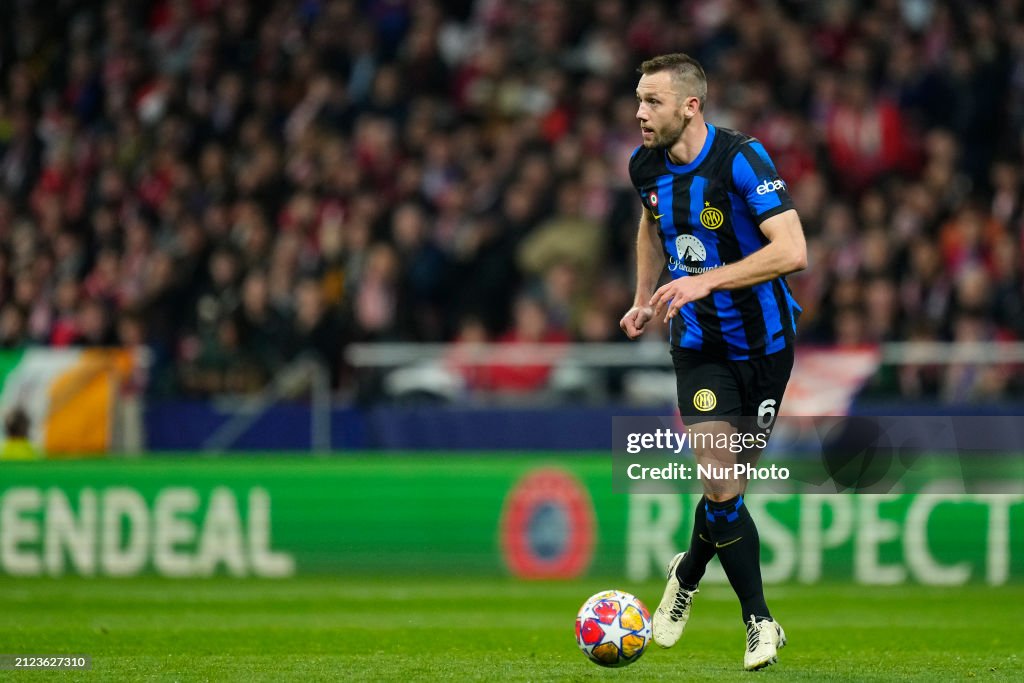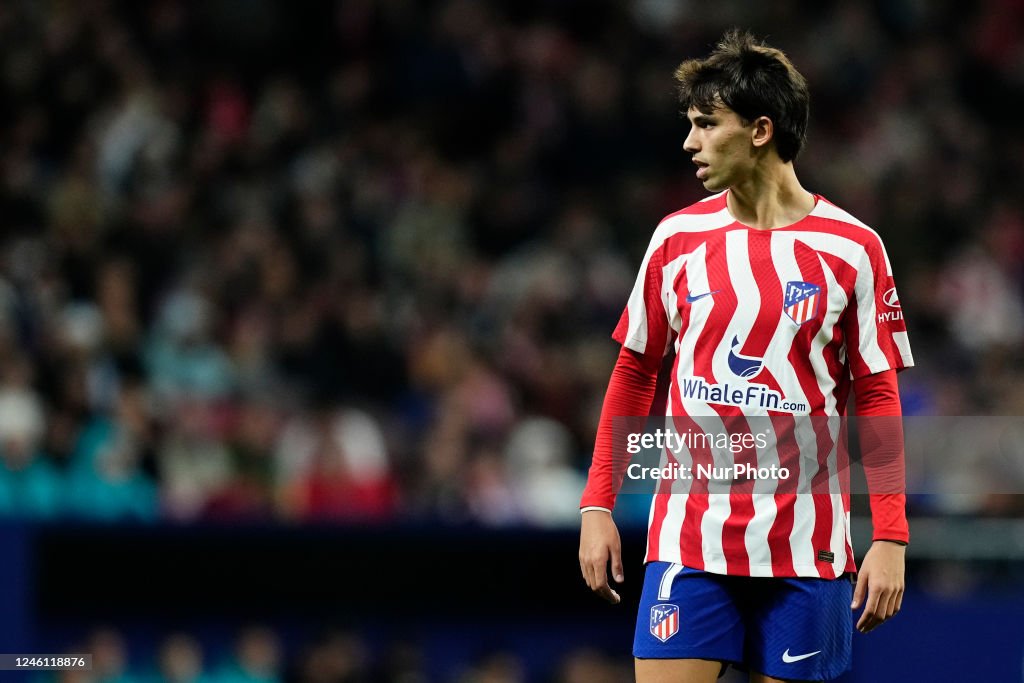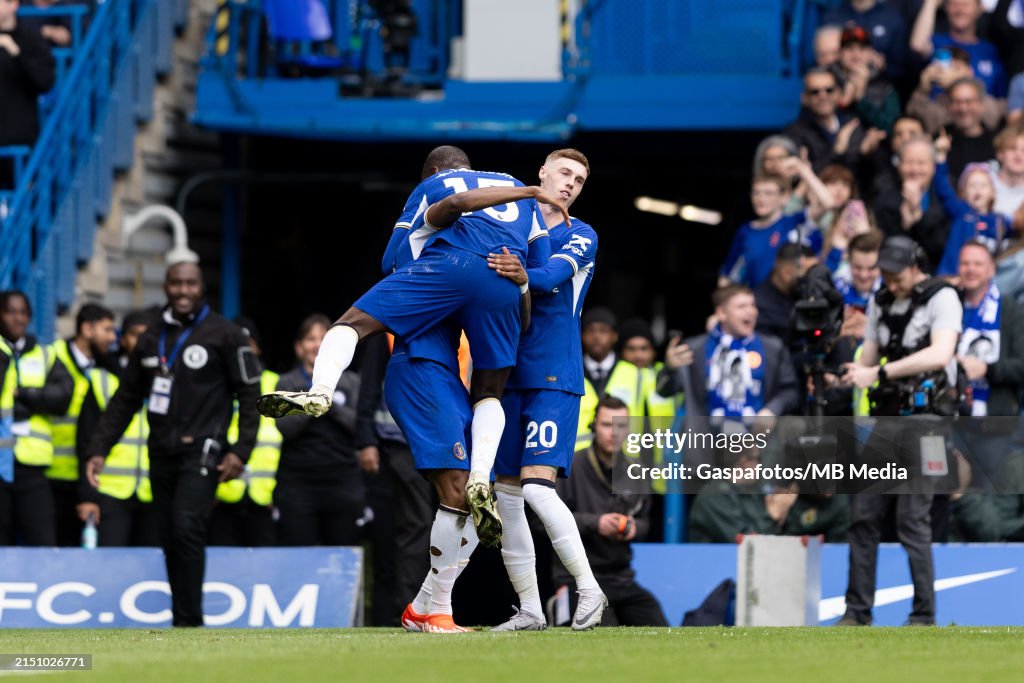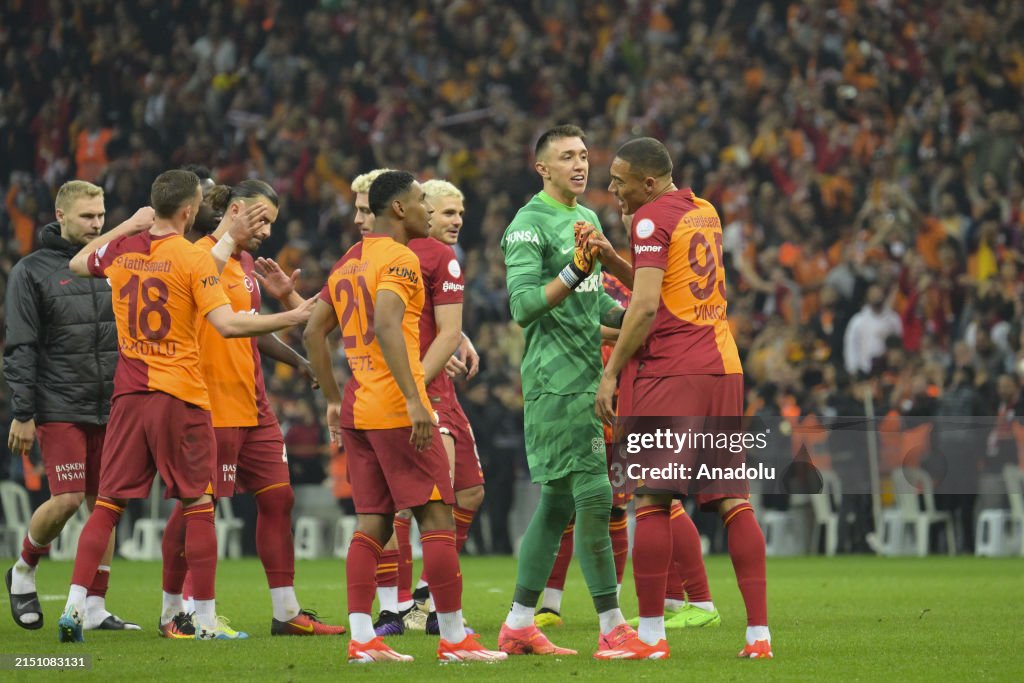The appeal by the agency Sports Entertainment Group in a case against player Stefan de Vrij has backfired. In April 2022, it was decided that SEG had to pay a compensation of 4.75 million euros to the Internazionale defender, after which the company appealed. On Tuesday, the verdict was announced, making it clear that SEG must pay over five million euros.
The legal battle between Stefan de Vrij and the Sports Entertainment Group highlights a significant controversy in the world of professional football transfers.
De Vrij's move from Lazio to Inter Milan was supposed to be a major step forward in his career, but it became overshadowed by allegations of conflict of interest and breach of trust. The core of the dispute lay in SEG's dual representation roles, where it was accused of negotiating on behalf of both Inter Milan and De Vrij, without the latter's consent or knowledge. This alleged double-dealing led to a complex legal confrontation, drawing attention to the often-opaque nature of football transfers and the relationships between players, clubs, and agencies.
The Court of Appeal in Amsterdam's decision to uphold De Vrij's claims against SEG and award damages exceeding 5 million euros serves as a precedent in the sports world. It underscores the legal obligations of transparency and loyalty that agencies owe to their clients. The court's findings revealed that SEG's failure to disclose its financial interest not only breached their duty of disclosure but directly impacted De Vrij's financial package with Inter Milan. The verdict suggests that the defender's contract terms could have been more favorable had there been no undisclosed conflict of interest from SEG.
This case sheds light on the intricate dynamics and potential conflicts of interest that can arise in the sports industry, particularly in football, where large sums of money and complex negotiations are commonplace. It also signals to players the importance of ensuring that their representation has their best interests at heart and is fully transparent about their roles and remunerations in any deal.
For the broader sports management and legal communities, this ruling may prompt a reevaluation of practices and ethics in player transfers. Agencies might face increased scrutiny regarding their negotiation practices and the clarity of their roles when representing multiple parties in a transaction. Additionally, it highlights the potential financial and reputational risks for agencies found in violation of their fiduciary duties.
The outcome of this legal dispute not only represents a significant financial and moral victory for Stefan de Vrij but also sets a landmark for future dealings in sports law. It emphasizes the necessity for clear, transparent, and fair conduct among sports management companies and their dealings with athletes, potentially leading to more stringent regulations and standards in the industry to protect athletes' interests.








